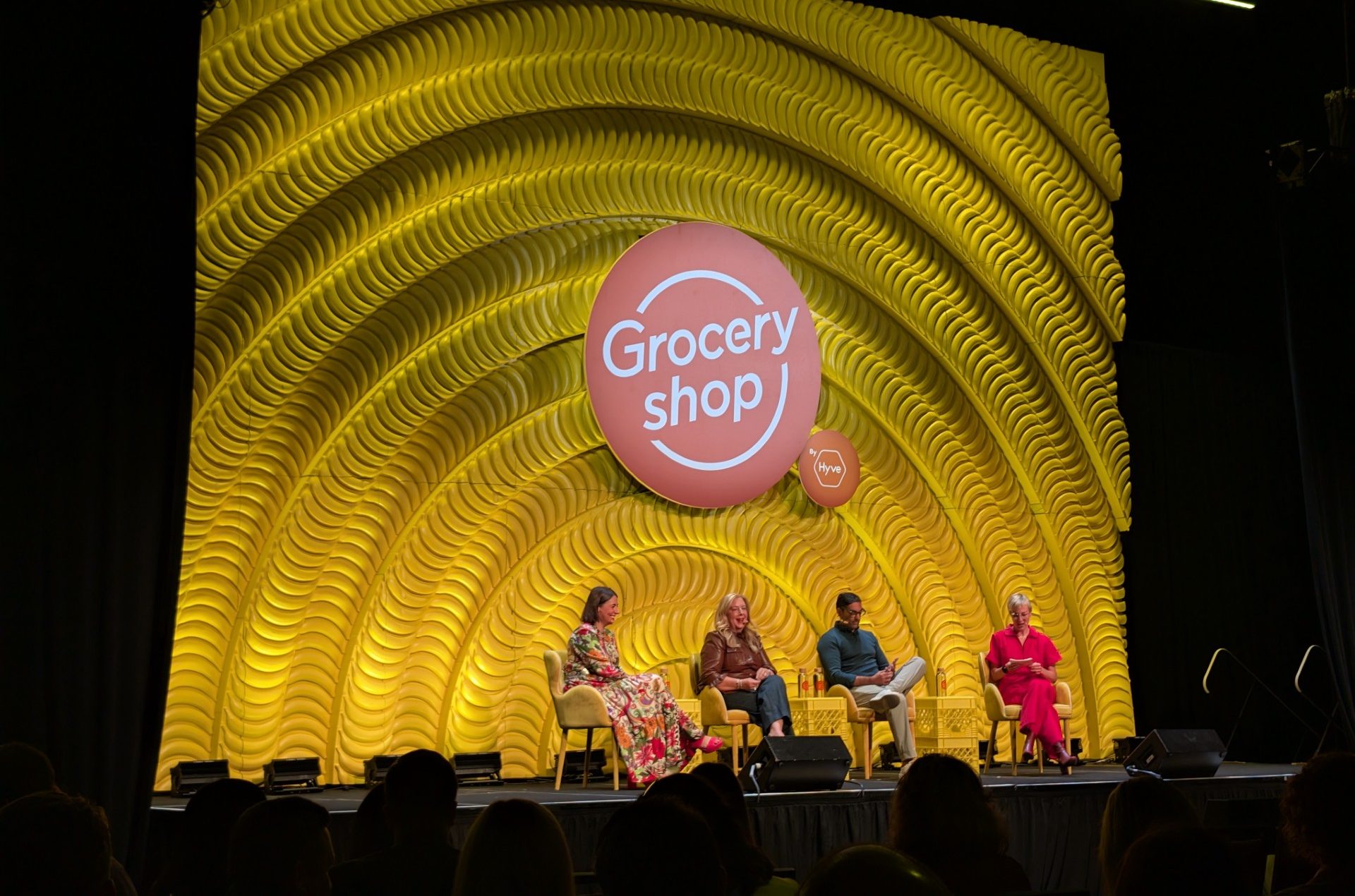Recent food recalls illustrate a “disturbing” lack of food safety culture, according to Dr. Vanessa Coffman. One in six Americans fall ill from foodborne illness annually these days.
Making matters worse, the public is often left confused by food-recall press releases filled with difficult-to-understand jargon, Coffman added.
“Consumers aren’t getting the actionable information they need, in the format they need it in, to effectively remove hazardous products from their homes,” Coffman, director of the Alliance to Stop Foodborne Illness, told The Food Institute. “Unless a recall is large, multistate, and gets picked up by the news, it often goes unnoticed; consumers would have to be checking multiple government websites every day to get the full scoop.”
Recently, a total of 97 consumers across six states were left ill by E.coli, in an outbreak possibly tied to contaminated lettuce uses in sandwiches sold at Wendy’s restaurants, reported HealthDay. Through August 23, there were 152 food safety recalls issued by the USDA.
Additionally, of recalls issued by the USDA’s Inspection Service, 24 have been categorized as Class I – meaning they’re deemed “most concerning” because they’re related to products “likely to cause serious harm or death.”
MISCONCEPTIONS PERSIST
It’s clear, according to Coffman, that food manufacturers, suppliers, and co-packers need to strengthen their internal food safety cultures and stress that initiative to employees. As a result, the Alliance – which works in collaboration with food safety experts at the likes of Kellogg, Amazon, and Costco – recently distributed a Food Safety Culture Toolkit for smaller companies.
Though the number of recalls hasn’t necessarily increased in recent years (there were 63 FSIS-related recalls in 2021, compared to 131 in 2019, for example), Coffman feels the recalls could be reported to the public more effectively.
She also feels there are several misconceptions when it comes to food recalls. For example, many consumers feel most recalls simply aren’t that important – an issue worsened, Coffman said, by the fact that most recall press releases feature phrases like “voluntary recall” and “out of an abundance of caution.”
“The (misconception) that concerns me the most is that recalls aren’t important and they won’t impact you,” Coffman said.
POSSIBLE SOLUTIONS
Coffman feels food companies need to use technological advances like apps and push notifications to alert the public of recalls. And, she added, recall notices should ideally include detailed instructions that are easier for consumers to understand.
“Currently, consumers must look at a lot of codes, and non-uniform ‘best-by’ dates, to identify (recalled) products,” Coffman explained. “This causes confusion, leading to consumers eating potentially dangerous foods or, alternatively, throwing away perfectly fine items.”












